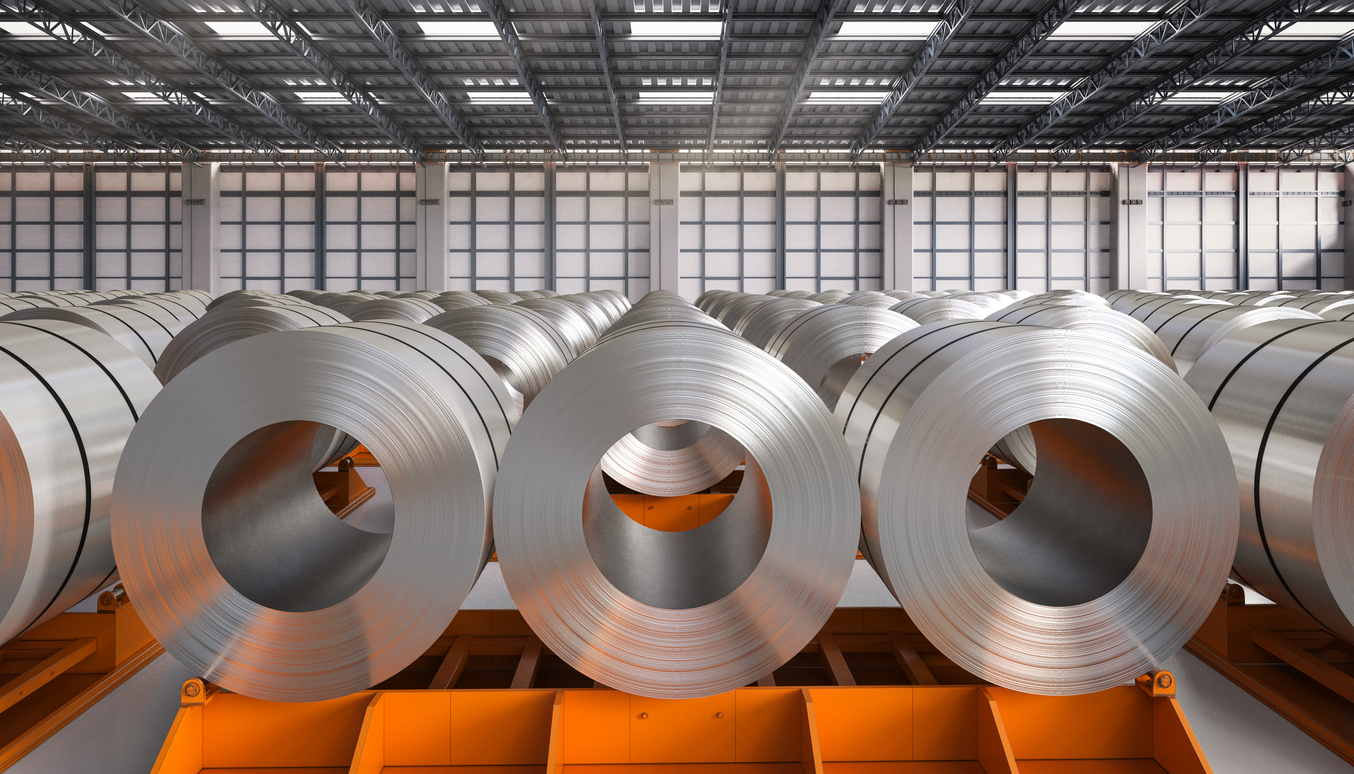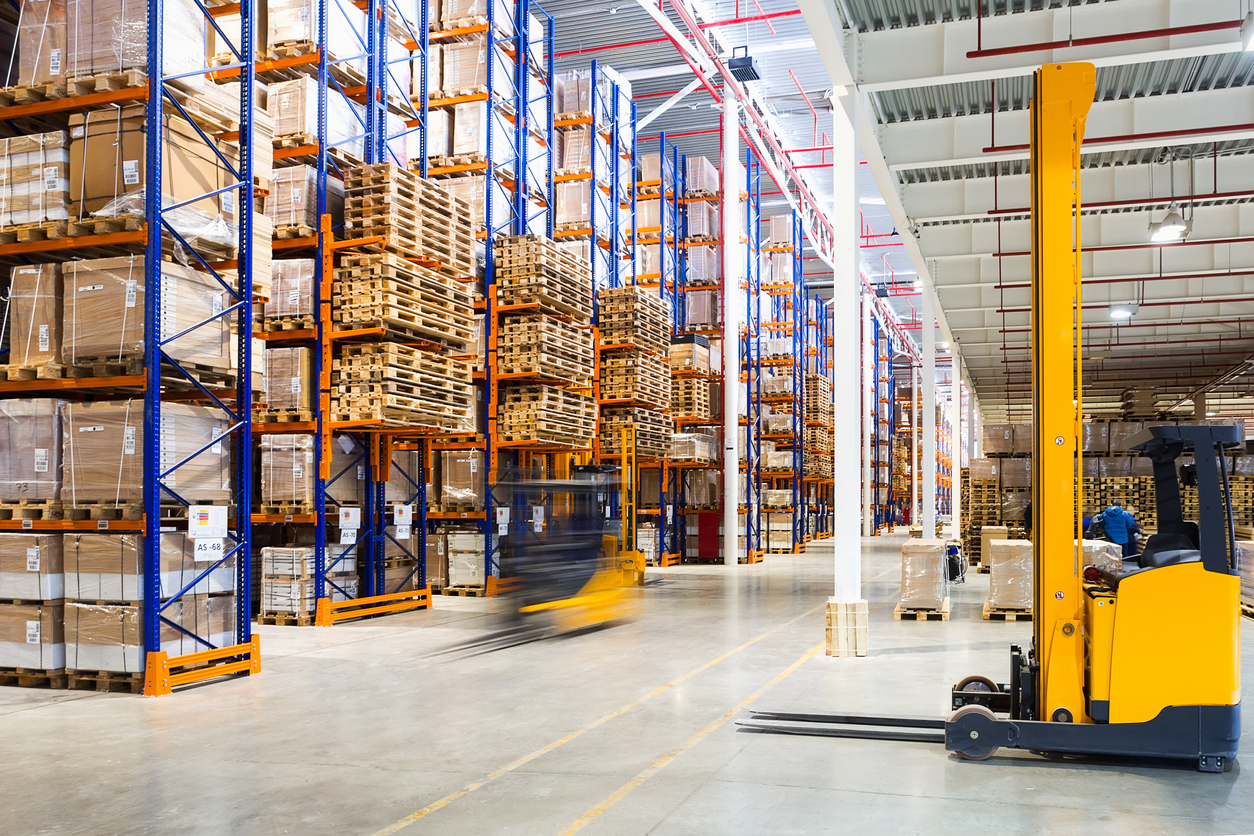The Rise of the Steel Industry in Nigeria – Challenges and Opportunities
The Rise of the Steel Industry in Nigeria – Challenges and Opportunities
The steel industry in Nigeria is an essential part of the country’s economy, providing much-needed employment and infrastructure development. In recent years, the industry has grown significantly, with major new investments and projects creating many more opportunities for growth. As the sector continues to expand, it faces a number of challenges, such as rising costs, environmental issues, and a lack of skilled labor. However, the potential benefits of the steel industry in Nigeria are too great to ignore. With the right investments and strategies in place, the sector could play an even greater role in Nigeria’s economic growth and development. By understanding the challenges and opportunities that come with the rise of the steel industry in Nigeria, businesses and investors can make informed decisions and capitalize on the potential of this promising sector.
Overview of the Steel Industry in Nigeria
The Nigerian steel industry is a significant part of the country’s economy, accounting for about 20% of the country’s total manufacturing production. The sector also plays a major role in the country’s infrastructure development, providing steel for bridges, buildings, and other major construction projects. Nigeria is the fifth-largest producer of crude steel globally and has the potential to become one of the top 10 steel producers in the world. The country’s iron ore resources are some of the highest quality, and they are readily accessible, making them an important factor in the country’s ability to become a global steel producer. The steel industry in Nigeria has undergone significant growth in recent years, thanks to new investments, new infrastructure and projects, and growing internal demand. The country has been able to significantly reduce its production costs and increase its exports, making it a competitive force in the global steel industry.
Challenges Facing the Steel Industry
Despite the benefits the industry can bring to Nigeria, the Nigerian steel industry faces a number of challenges that could limit its potential. The cost of labor is one of the primary challenges. The steel sector employs a significant amount of labor, including skilled and unskilled workers. The high cost of labor has made the industry less competitive in the global market. High energy costs also pose a challenge, although Nigeria has implemented a number of policies and projects aimed at addressing this issue. The country’s vast natural resources are one of the main drivers of the steel industry, but they can also be a challenge. For example, the country’s large iron ore reserves can create oversupply issues in the market, creating a more difficult environment for the industry to operate in. Environmental issues are another significant challenge facing the steel industry in Nigeria. The country is experiencing a growing population and rising demand for energy, creating a significant amount of pollution from the country’s thermal power plants, which are a source of emissions that contribute to environmental issues.
Opportunities for Growth
Despite the challenges facing the steel industry in Nigeria, there are a number of opportunities for growth in the sector. First, the country has recently made significant investments to modernize its steel production capacity, which has helped to reduce production costs. These cost reductions have made Nigerian steel products more competitive in the global market, creating more opportunities for growth. Although the country has been able to increase its exports, Nigeria’s potential is still great. The country has vast natural resources that are essential for the steel industry, and it has been able to reduce production costs through modernization. These two factors make the steel industry in Nigeria an attractive opportunity for investors. Another opportunity for growth in the Nigerian steel industry is the potential for increased domestic demand. The country has a growing population, which creates demand for essential goods, like steel, that are used in infrastructure projects and building construction. As the country continues to develop, there are more opportunities for the steel industry to play a significant role.
Government Strategies and Policies
Nigerian government policies and strategies have had a significant impact on the country’s steel industry. The government has implemented various price controls and tariffs to help protect the industry from fluctuations in the global market. The government has also provided support to the industry through subsidies and other incentives, making the industry more sustainable. As the steel industry continues to grow, the government will likely continue to implement policies and strategies that support the industry and make it a more attractive investment opportunity. During the global economic downturn in the late 2000s, the Nigerian government took steps to protect the country’s economy and the steel industry from the effects of the crisis. The government set a cap on interest rates for individuals and businesses to help lower the risk of inflation and protect citizens from high rates that could have made borrowing and investing more expensive. The government also established a sovereign wealth fund that works to invest in the country’s long-term assets, including the steel industry.
Investment and Financing Opportunities
There are a number of investment and financing opportunities in the Nigerian steel industry, including exploration and production in the country’s abundant iron ore resources, new steel production and manufacturing projects, and investment in new infrastructure and projects that require steel. These opportunities are expected to grow as the industry grows. The Nigerian government has made significant investments in infrastructure, including the steel industry. These investments have created new financing opportunities for businesses, investors, and entrepreneurs, which can help to further expand the steel industry.
Environmental Regulations and Compliance
Environmental regulations and compliance are important factors to consider when investing in the Nigerian steel industry. The country has been impacted by significant air and water pollution due to thermal power plants and other sources of emissions that contribute to environmental issues. The country is working to reduce these issues by using cleaner energy sources, such as hydroelectricity and solar power. The Nigerian government has also taken steps to reduce air pollution by establishing new environmental regulations that require companies to reduce emissions from their thermal power plants. These regulations affect the steel industry because the majority of the country’s electricity is produced from thermal power plants.
Skilled Labor Availability
Skilled labor availability is another factor to consider when investing in the Nigerian steel industry. The industry employs a significant amount of labor and relies on highly skilled workers to reduce production costs. However, the country is experiencing a skill shortage and a lack of qualified workers due to the low wages in the industry. This shortage makes it difficult for businesses operating in the steel sector to expand and become more competitive in the global market. To improve the situation and make the industry more attractive to workers, the government has implemented new policies aimed at improving the salaries and benefits that are available in the steel industry.
Impact of the Steel Industry on the Nigerian Economy
The Nigerian steel industry has the potential to play a significant role in the country’s economy, providing many benefits and opportunities. The industry is expected to grow in the coming years, producing more steel and contributing to the country’s economy. As the sector expands, it could create many new jobs, which would increase the country’s employment rate, particularly for skilled labor. A more developed steel industry could also help to reduce the trade deficit, making it easier for the country to earn money from exports. The industry may also have an impact on gross domestic product, as it will produce goods and services that could have an effect on the economy and contribute to economic growth.
Conclusion
The steel industry in Nigeria has the potential to play an important role in the country’s economy. The sector has undergone significant growth in recent years, driven by new investments and new projects. The industry faces a number of challenges, including rising costs, a lack of skilled labor, and environmental issues. However, the potential benefits of the steel industry in Nigeria are too great to ignore. By understanding the challenges and opportunities that come with the rise of the steel industry in Nigeria, businesses and investors can make informed decisions and capitalize on the potential of this promising sector.







LEAVE A COMMENT
You must be logged in to post a comment.